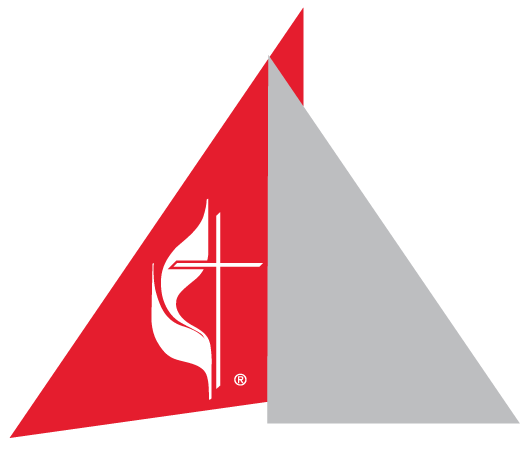What is a Methodist?
As United Methodists, we have an obligation to bear a faithful Christian witness to Jesus Christ, the living reality at the center of the Church’s life and witness. To fulfill this obligation, we reflect critically on our biblical and theological inheritance, striving to express faithfully the witness we make in our own time.
Our Belief
We strive to grow in love of God and neighbor and self as disciples of Jesus Christ in the Wesleyan tradition.
A Brief History of Methodism:
The United Methodist Church is the religious body formed by the union in 1968 of the Methodist Church and the Evangelical United Brethren Church.
It traces its lineage to eighteenth century England, where John Wesley, his brother Charles, and George Whitfield began evangelistic preaching, formed “class meetings,” and encouraged followers to practice methodical Christian living.
Brought to America in 1766 by English and Irish immigrants, the colonial Methodists organized themselves at the famous Christmas Conference in 1784, and held their first General Conference in 1792. Leaders of the movement included Bishop Francis Asbury and Thomas Coke.
The Evangelical United Brethren Church was formed in 1946 by the union of the Evangelical Church and the Church of the United Brethren in Christ. Both denominations originated in the early 1800s among German speaking immigrants. The Evangelical Church was begun by the evangelical efforts of Jacob Albright, a Lutheran convert to Methodism. The United Brethren in Christ came into being as a result of the evangelistic preaching of Philip William Otterbein, a German Reformed pastor, and Martin Boehm, a Mennonite bishop.
These two denominations, just as their Methodist counterparts, had an episcopal form of church government, and held similar theological beliefs emphasizing prayer, a life of devotion to Christ, and the responsibility of the individual. These churches grew and expanded rapidly during the 1800s and into the 1900s, spreading across the continent as the nation expanded westward. Unfortunately, there were several divisions over the issues of slavery and church governance. Methodists reunited in 1939 as The Methodist Church. Thus, the 1968 union of the Methodist and Evangelical United Brethren churches was in fact a consolidation of groups which traced their heritage from the protestant evangelical revivals which swept the nation in the eighteenth and nineteenth centuries.
A Brief History Continued…
These churches also incorporated programs of social outreach in their ministries, encouraging and promoting education, missions, hospitals, youth groups, women’s work, institutional chaplaincies, and other benevolent work.
These various groups of Methodists came westward with the earliest pioneers. The circuit riding itinerant preacher traveling on horseback to minister to settlers on the frontier is a part of the American saga. The first Methodist minister to reach Colorado was the Rev. George W. Fisher, who held religious services in Denver in 1858. A year later the First Methodist Church of Boulder was founded.
Fisher was followed by other circuit riders who traveled wherever miners, ranchers and others settled. The best known of the Colorado circuit riders was the beloved “Father” John L. Dyer, who arrived in 1861. He traversed both plains and mountains on horseback, riding some 10,000 miles. He also often walked and during the winter, skied and snow-shoed to his appointments—thus earning the title of “snow-Shoe Itinerant.”
The United Brethren began their Colorado work in 1869, followed by the Evangelicals in 1881. From these early beginnings has grown an American church of 8.7 million members.
The Rocky Mountain Conference, of which Mountain View UMC is a part, has 76,000 members in 272 churches covering Colorado, Utah, and southern Wyoming. Mountain View UMC seeks to provide a spiritual home for all those who desire a closer relationship to Jesus Christ, and who confidently look to the future believing that God is already there, beckoning them forward.
United Methodist Church
As United Methodists, we have an obligation to bear a faithful Christian witness to Jesus Christ, the living reality at the center of the Church’s life and witness. To fulfill this obligation, we reflect critically on our biblical and theological inheritance, striving to express faithfully the witness we make in our own time.

